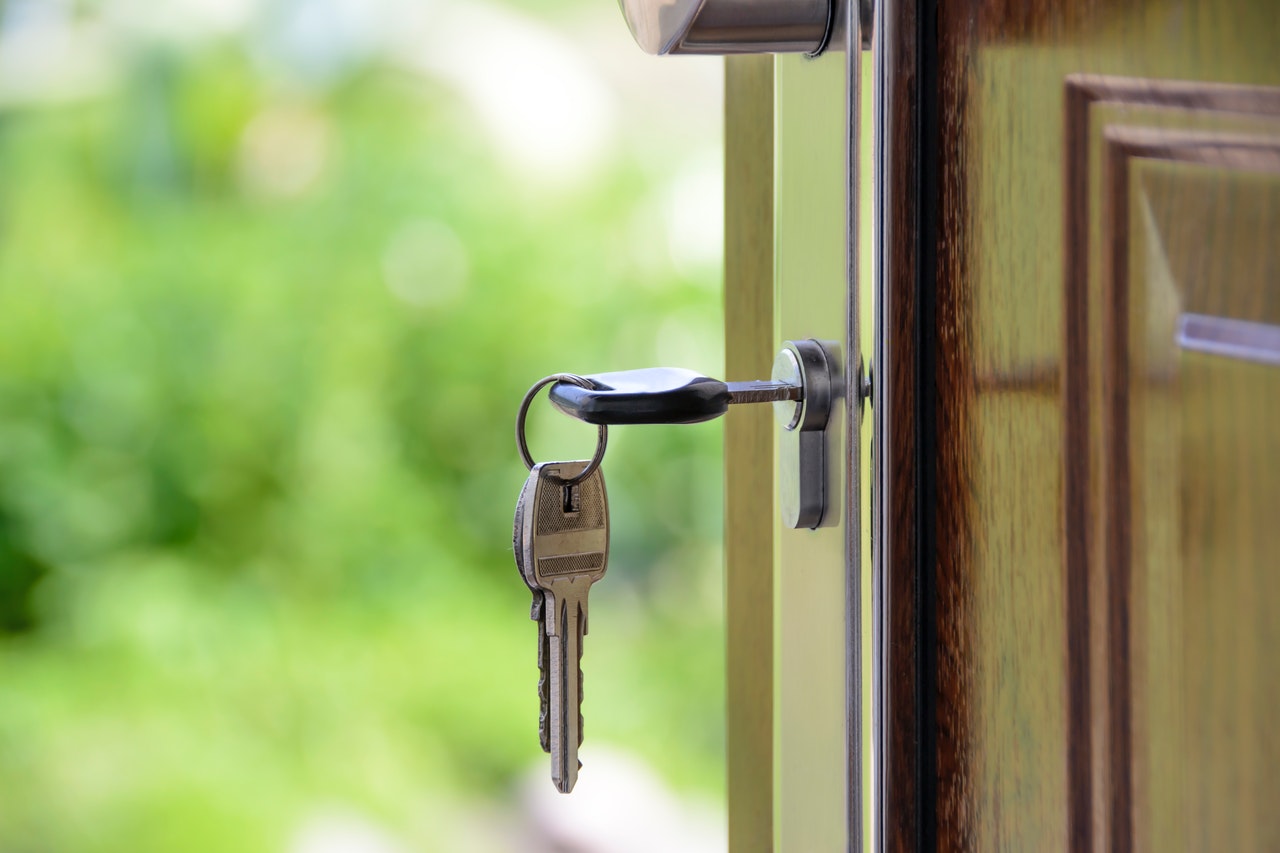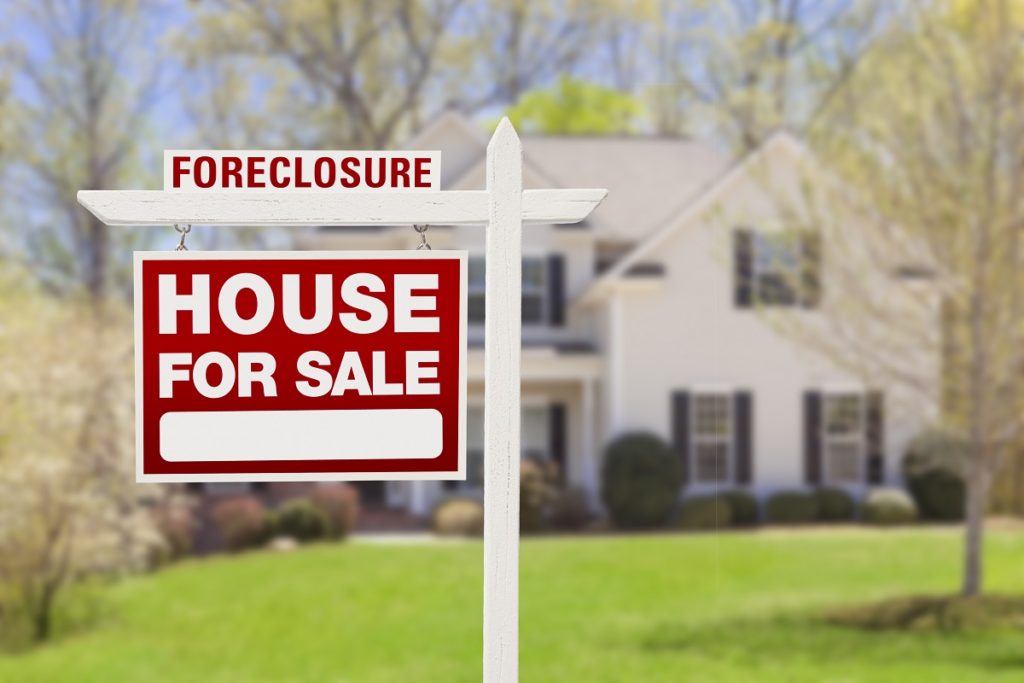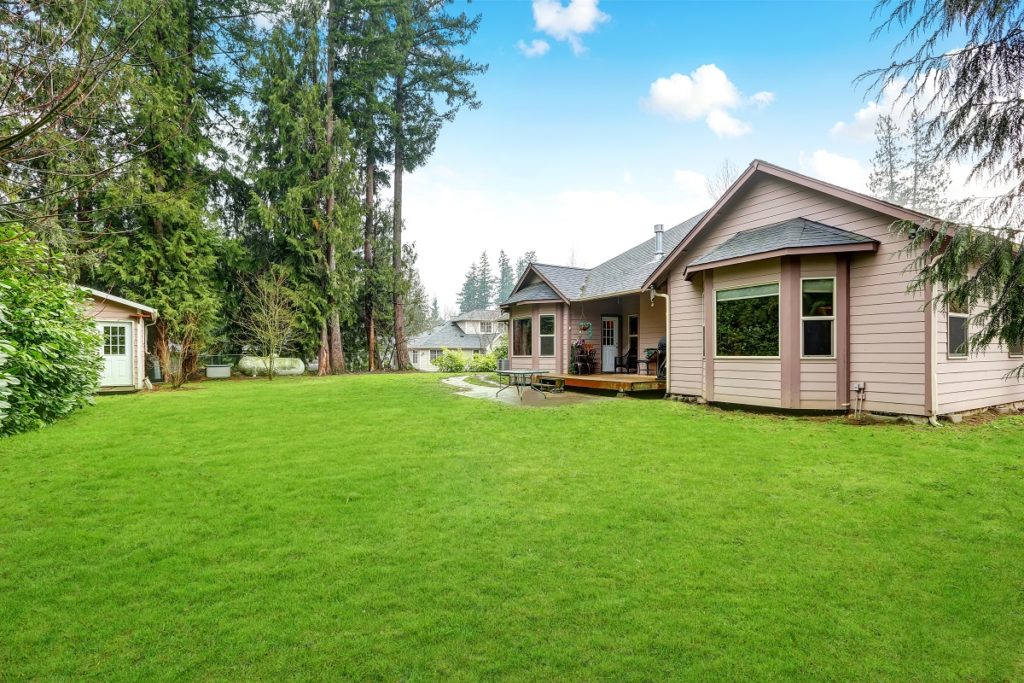You may be reading about how landlords are having difficulties during the pandemic. Data shows that about 18% of tenants in the country are now delinquent on their rent. This can be scary if you are thinking of becoming a landlord. Do not back away too quickly, though, because the situation can be different in your case. Reports show that in smaller cities, the rental market grew since the start of the pandemic.
Renting out property creates a stable long-term income with a constant and consistent monthly cash flow. In the meantime, you continue to own the property, and the value of the real estate appreciates over time.
You will pay taxes on your rental income, but you need not pay self-employment tax. You can also claim deductions on your rental income, such as property tax, property depreciation, mortgage interest, property insurance, maintenance fees, and others. You can earn a nice sum for yourself every month, even with one property.
Before anything else, though, make sure that you know the landlord-tenant law in general and in your state. Keep yourself up to date on new regulations and guidelines related to the pandemic that apply to landlords and tenants.
Choosing the Right Tenants
During the pandemic, make sure that your dealings with prospective tenants are online as much as possible. You can provide them with a virtual tour of the property. If they insist on an actual visit, wear masks and practice social distancing. Open all windows before they arrive to ensure proper ventilation and sanitize the space after they leave.
If you want to avoid having delinquent renters, you must ensure that you screen your tenants thoroughly from the start. Ask for proper identification. Prepare a rental application document that a prospective tenant will sign with their name and current address, permitting you to check their income and employment history, credit history, rental history, and references.
You can also ask for a debt-to-income ratio computation and for a document showing their savings to ensure that your tenant can afford to pay the monthly rent with a comfortable buffer. Their monthly rent payment should not comprise more than 30% of their income.
Do a complete background check on all these. You must remember that if you deny their application because of a poor credit report, the Fair Credit Reporting Act requires you to send them an “Adverse Action” letter stating the basis of the rejection.
Remember that according to the Fair Housing Act, you must not discriminate against tenants because of race, color, national origin, religion, sex, family status, disability, and sexual orientation or gender identity.
Landlord Obligations
After signing the lease agreement, the landlord must ensure that the tenant will be moving into a clean and safe residence, with basic services such as plumbing, electricity, and heating in good condition. If any appliances are part of the lease, they must be in good working order.
The landlord will be asking for a deposit as insurance in case the tenant causes damage to the property or cannot pay rent. This must be part of the lease agreement.
You or your representative must do a complete inspection of the property with the tenants before they move in. This will ensure that both parties agree that everything is in order.
After your client moves in, you will be responsible for all the maintenance work on the property. You must ensure that there is always prior notification to the tenant and that workers follow all pandemic precautions.

Advantages of Being a Landlord in the Pandemic
The benefits outweigh the risks of being a landlord during the pandemic if you are in a small city.
There is an affordable way to become a landlord. Many people are now building an accessory dwelling unit (ADU) beside their main home. They either rent out the new structure or move into it and rent out the older home.
An ADU does not cost much, and if you must take out a loan, it will be small. The rent will cover the mortgage, with enough left over as your profit. Make sure that the laws and regulations in your area allow you to build an ADU on your property and rent it out.
While many renters currently cannot pay their rent, many people out there have stable jobs and can afford the rent you will be charging. They are not yet financially ready to get a mortgage to buy a house, so they continue to rent. Many will be moving away from crowded high-rent areas, and your area can be suitable for them.
If you act soon, becoming a landlord amid Covid-19 can provide you with a financial safety net in this crisis.

